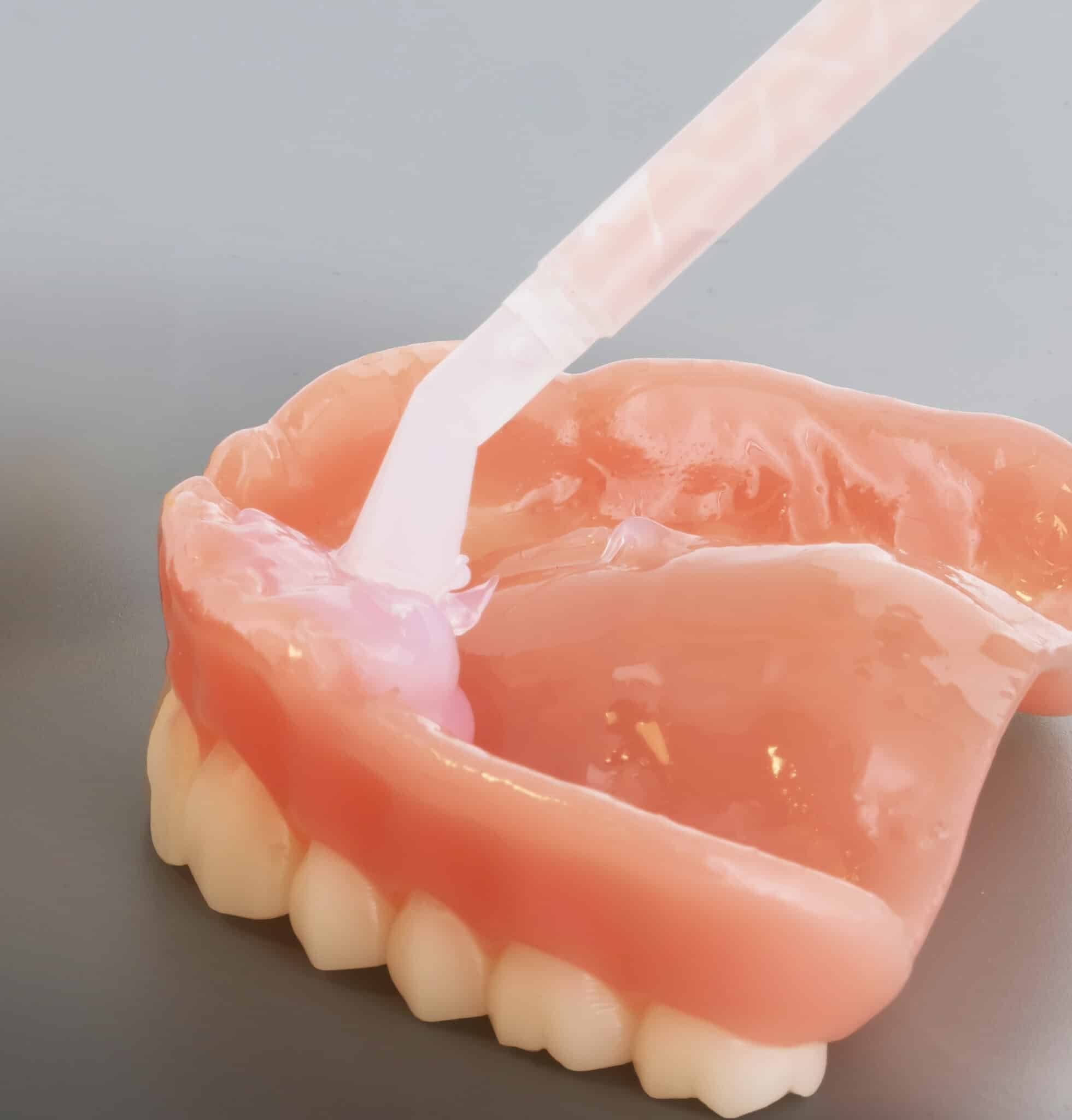Looking to enhance the comfort and fit of your dentures? A denture reline could be the solution you’ve been seeking. By improving the fit of your dentures, a denture reline can help prevent discomfort and restore your confidence in everyday activities. Let’s dive into the world of denture relines and discover how this simple procedure can make a big difference in your daily life.
Denture Reline: Everything You Need to Know
Welcome to our comprehensive guide on denture relines! If you wear dentures, you may already be familiar with the term “denture reline.” But what exactly does it mean, and why is it important? In this article, we’ll delve into the world of denture relines to help you better understand this crucial aspect of denture maintenance. Whether you’re a seasoned denture wearer or considering getting dentures for the first time, this guide will provide you with all the information you need.
What Is a Denture Reline?
Let’s start with the basics. A denture reline is a procedure that involves reshaping the underside of a denture to improve its fit and comfort. Over time, as your gums and jawbone change, your dentures may become loose or uncomfortable to wear. This is where a denture reline comes in handy. By adjusting the fit of your dentures, a reline can help ensure that they stay snug and secure, allowing you to eat, speak, and smile with confidence.
Types of Denture Relines
There are two main types of denture relines: soft relines and hard relines. Soft relines involve using a pliable material to cushion the denture against the gums, providing a more comfortable fit. Hard relines, on the other hand, involve adding a more durable material to the denture base to improve its stability and longevity.
Soft relines are often recommended for individuals with sensitive gums or those experiencing sore spots, as the softer material can help alleviate discomfort. Hard relines, on the other hand, are ideal for individuals who need more significant adjustments to their dentures due to changes in their jaw structure.
When Should You Get a Denture Reline?
Knowing when to get a denture reline is crucial for maintaining the effectiveness and comfort of your dentures. As a general rule of thumb, denture wearers should consider getting a reline every two to three years. However, certain factors may indicate the need for a reline sooner:
Changes in Jaw Structure
If you have experienced significant weight loss or gain, or if you have undergone dental procedures that have altered your jawbone structure, you may need a denture reline to ensure a proper fit.
Discomfort or Irritation
If your dentures feel loose, cause sore spots, or rub against your gums, it’s important to schedule a reline to address these issues and prevent further discomfort.
Difficulty Eating or Speaking
If you find it challenging to chew food or speak clearly while wearing your dentures, it may be a sign that they need adjusting through a reline.
The Denture Reline Process
So, what can you expect during a denture reline appointment? The process typically involves the following steps:
Assessment
Your dentist will examine your dentures and assess the fit to determine the type of reline you need—soft or hard. They may also take impressions of your mouth to ensure a precise fit.
Reline Procedure
During the reline procedure, your dentist will adjust the underside of your dentures using the chosen material—soft or hard. This adjustment will help improve the fit and comfort of your dentures.
Final Fitting
Once the reline material has set, your dentist will ensure that your dentures fit correctly and make any necessary adjustments to ensure your comfort and satisfaction.
Benefits of Denture Relines
There are several benefits to getting regular denture relines, including:
Improved Comfort
By ensuring that your dentures fit properly, relines can help prevent irritation, sores, and discomfort, allowing you to wear your dentures with ease.
Better Functionality
A well-fitted denture can improve your ability to eat, speak, and smile confidently, enhancing your overall quality of life.
Longer Lifespan of Dentures
Regular relines can help prolong the lifespan of your dentures by maintaining their fit and preventing the need for costly replacements.
Cost of Denture Relines
The cost of a denture reline can vary depending on several factors, such as the type of reline needed and the dentist’s fees. Soft relines are generally more affordable than hard relines, but it’s essential to consult with your dentist for an accurate cost estimate.
In conclusion, denture relines play a vital role in ensuring the comfort, functionality, and longevity of your dentures. By staying informed about the benefits and process of denture relines, you can take proactive steps to maintain your oral health and overall well-being. If you’re experiencing discomfort or issues with your dentures, don’t hesitate to schedule a reline appointment with your dentist. Remember, a well-fitted denture is key to a confident smile!
We hope this guide has provided you with valuable insights into the world of denture relines. If you have any further questions or would like to share your experience with denture relines, feel free to leave a comment below. Thank you for reading!
Dentemp Reline-It Instructions for Relining Dentures
Frequently Asked Questions
How often should dentures be relined?
Dentures should typically be relined every two to three years, as the shape of the gums and jawbone changes over time, affecting the fit of the dentures. If you experience discomfort, looseness, or sore spots, it may be a sign that your dentures need to be relined sooner.
What is the procedure for denture relining?
During a denture reline, your dentist will first take an impression of your mouth to create a new mold for your dentures. The existing base of the denture is then adjusted or replaced with the new material to ensure a snug fit. The process usually only takes a few days to complete.
Can I reline my dentures at home?
While there are over-the-counter denture reline kits available, it is generally recommended to have your dentures professionally relined by a dentist. Dentists have the expertise and tools to ensure the relining is done accurately and effectively, leading to a better fit and comfort.
Final Thoughts
In conclusion, a denture reline can significantly improve the fit and comfort of your dentures. By filling in gaps and ensuring a snug fit, a denture reline can enhance your chewing ability and overall oral health. Don’t hesitate to consult with your dentist about the benefits of a denture reline for a more comfortable and secure fit. Opting for a denture reline can make a positive impact on your daily life and confidence.




